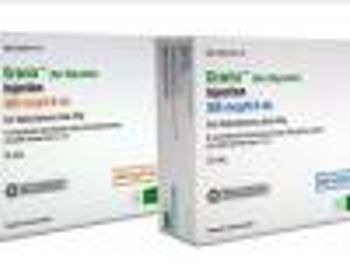
May/June 2016


Granix is a human granulocyte factor produced in a bioreactor using recombinant DNA technology.





Access to oral chemotherapies is filled with challenges for providers and patients that can be significant, resulting in delayed therapy.

CSTDs can help protect health care workers, including pharmacists and nurses, from hazardous chemotherapy drugs.

Physicians are challenged with differentiating among a wide array of treatment options, with varying regimens and indications, and then monitoring patients according to the specific guidelines for each therapy.

As with care for any chronic condition, the goals for advanced oncology therapies should be improving outcomes, containing costs, and increasing medication adherence.

As new biosimilars enter the market, pharmacies should carefully consider infrastructure, resources, and strategies for successfully integrating the products into their portfolio of offerings.

Misinformation among consumers and the media regarding specialty pharmacies illustrates the importance of leveraging factual information to highlight specialty services for patients to raise the customer service bar even higher.

Despite initiatives that help patients maintain adherence, health care providers still need to leverage their collective resources and work together to overcome this tremendous hurdle in cancer care.

Despite progress in reducing cancer mortality, more work is needed to improve patient outcomes in this disease state.

Conflicting opinions surround drug copay coupons, which can improve out-of-pocket costs while decreasing the effectiveness of cost-sharing requirements that promote prudent prescribing and purchasing choices.
